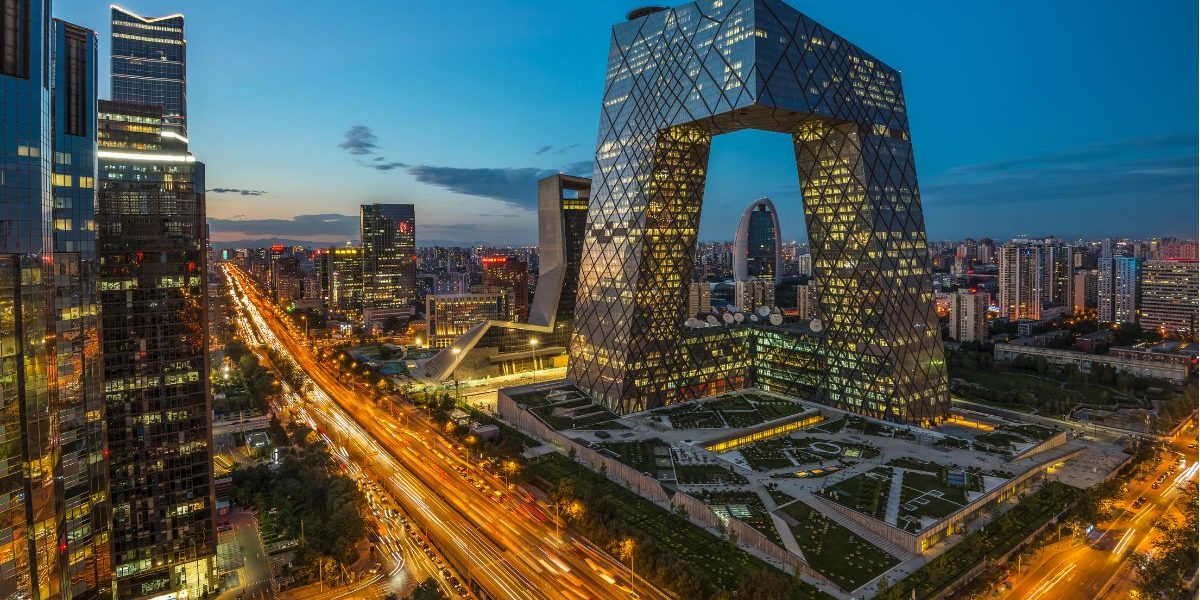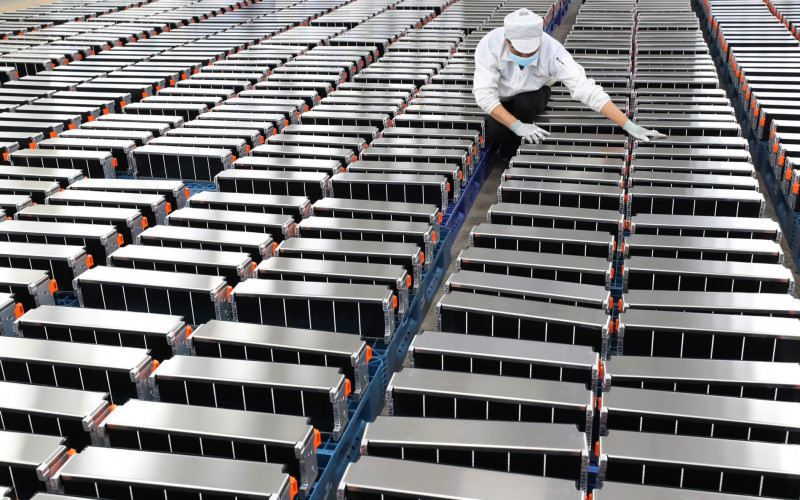Summary:
- China’s state-owned enterprises (SOEs) are the subject of much debate. SOEs in China earn a lower return on assets than private enterprises and absorb a disproportionate share of credit. On the other hand, they operate in lower-return but economically necessary sectors, and shoulder a range of difficult-to-price externalities.
- Much of China’s experience with SOE reform will be hard to replicate. Careful attention to how China has put its attributes to work, however, provides at least some lessons that may be useful in African contexts.
- Three broad lessons are: the importance of state capacity to initiate and manage entity reorganisation; that the people harmed by SOE reform must be compensated in durable and concrete ways; and that the details of institutional design matter. If those three lessons are not learned, replicating almost any aspect of Chinese reforms may do as much harm as good.
- Tangible lessons for tactical reform include the use of competition within state ownership, the importance of a quality global exchange and a globally recognised strategic investor during partial listings, and the avoidance of narrow (and hence easy to capture) reporting and accountability lines.
- Approaching SOEs with simple ideas and preconceptions is a recipe for the kind of failure witnessed across regimes of dogmatic privatisation and dogmatic state ownership. Systems of such scale and consequence require the hard work of continuous learning and evolution in practice, more than empty battles of rhetoric.
Click here to listen to the podcast: Can Africa Learn Anything From How China Runs Its State Companies?








